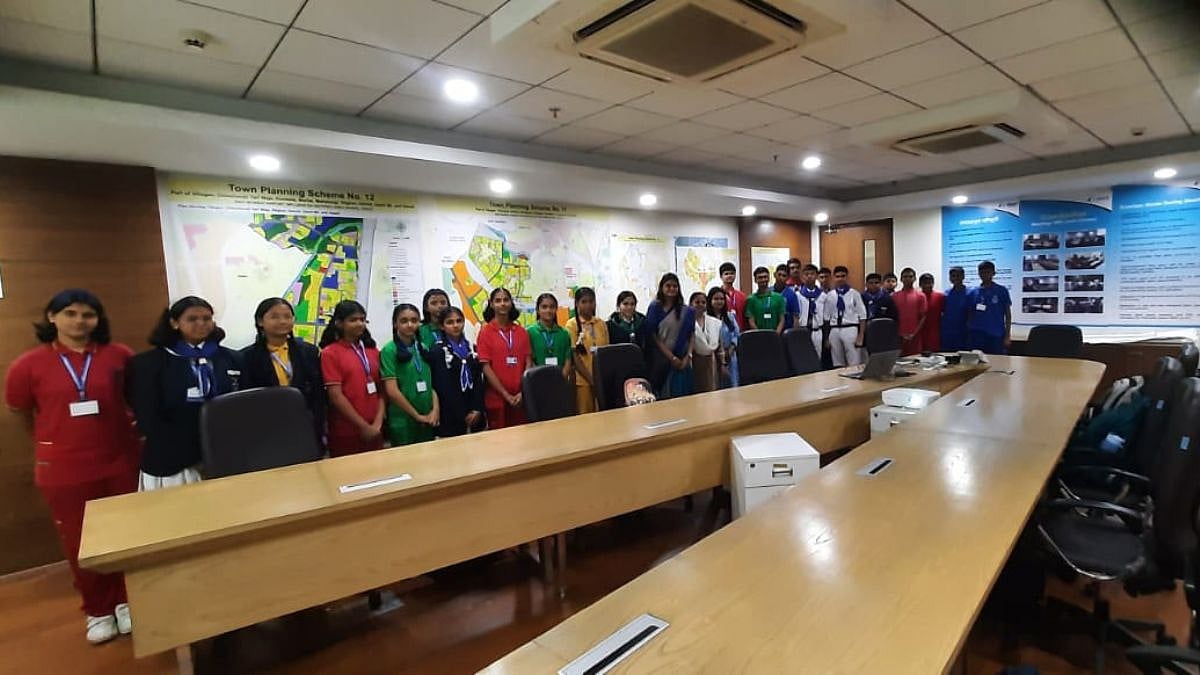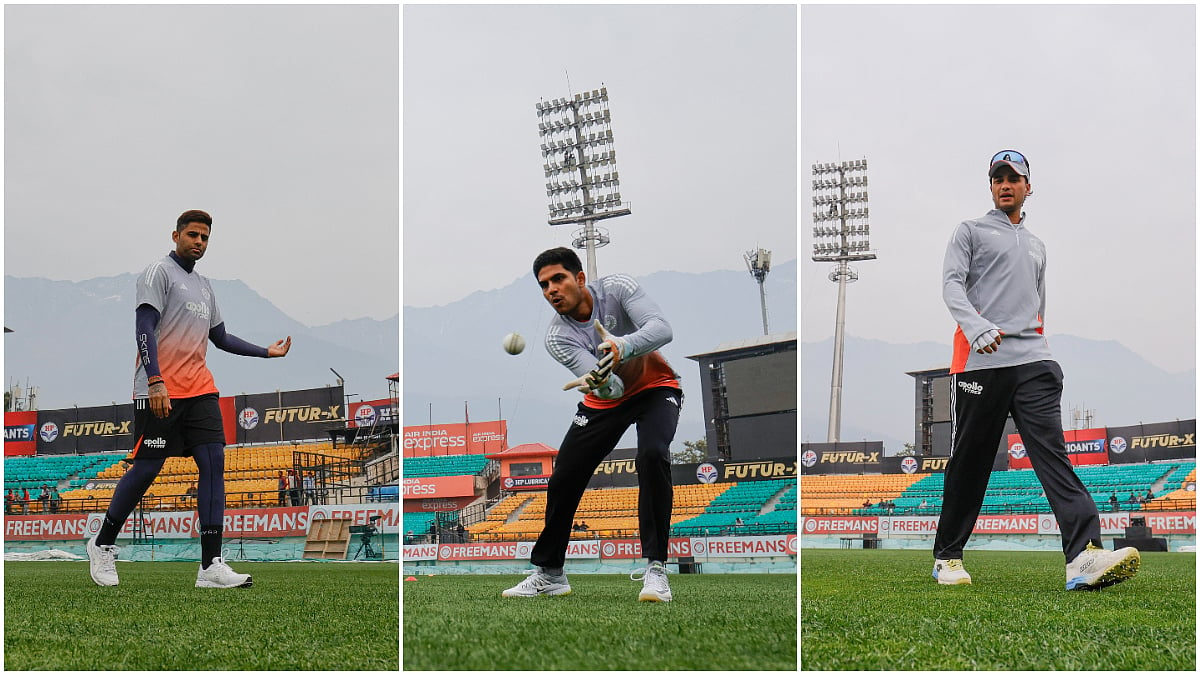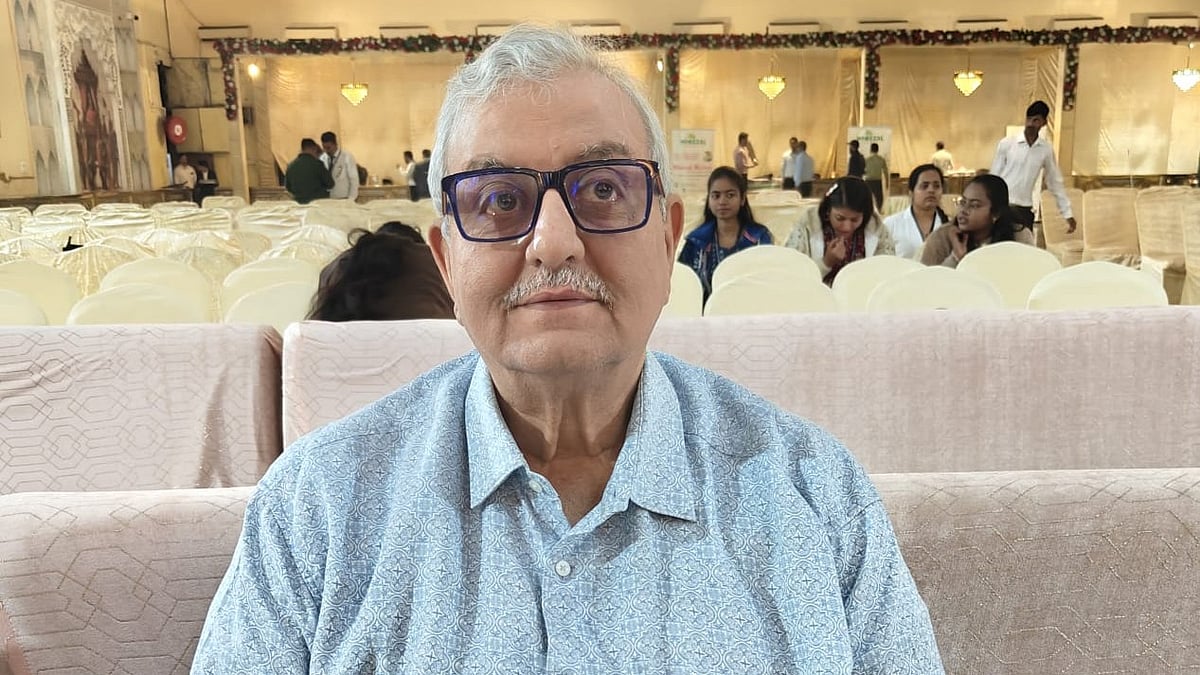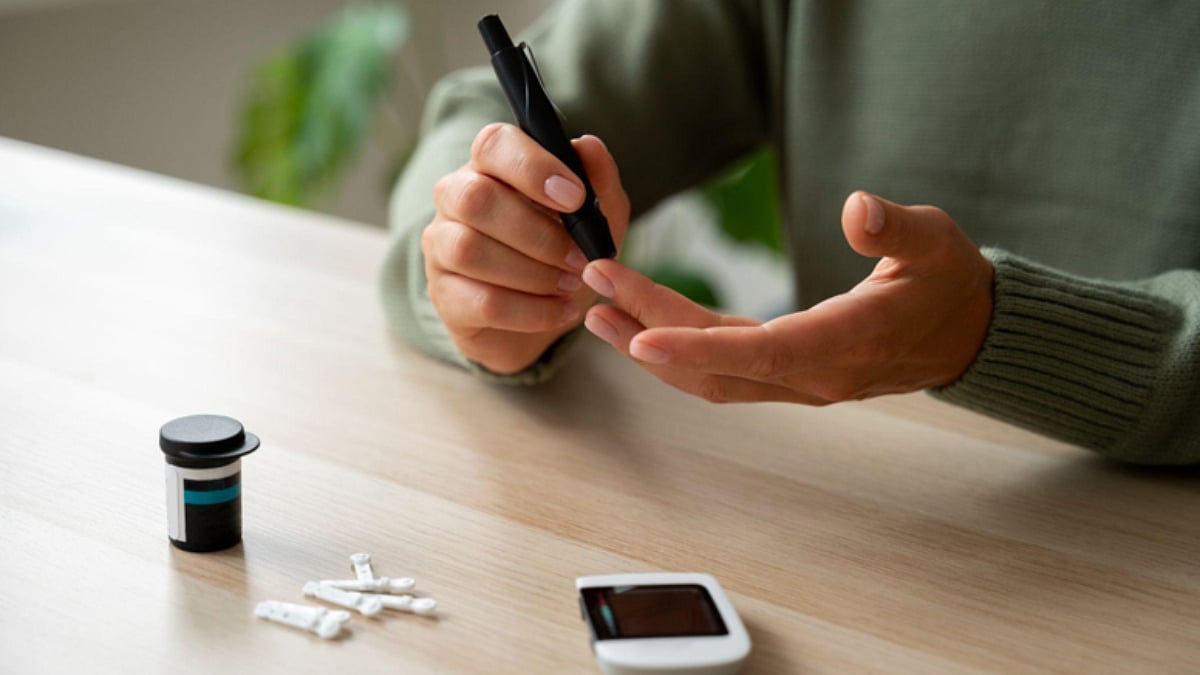London: While facial masks reduce the spread of COVID-19, their filtering efficiency is adversely affected by repeated coughing, according to a new study which recommends complete personal protective equipment for healthcare workers including helmets with built-in air filters, and face shields.
Scientists, including Talib Dbouk and Dimitris Drikakis from the University of Nicosia in Cyprus, used computer models to map out the expected flow patterns of small droplets released when a mask-wearing person coughs repeatedly.
Earlier computer simulations the researchers showed that droplets of saliva can travel 18 feet in five seconds when an unmasked person coughs. In the current study, published in the journal Physics of Fluids, they used an extended model to consider the effect of multiple cycles of coughing on the filtering efficiency of face masks.
According to the study, while masks can reduce the spread of airborne droplets, their effectiveness is adversely affected by repeated coughing, as might happen when an individual is ill.
The scientists added that the use of a mask does not provide complete protection, and social distancing remains important during a pandemic. In the analysis, the researchers modelled a sequence of coughs by applying several cycles of forward-directed velocity pulses to the initial droplets.
They then performed numerical simulations to account for droplet interactions with the porous filter in a surgical mask. According to the scientists, even when a mask is worn, some droplets can travel a considerable distance, up to one metre, during bouts of mild coughing.
Without a mask, they said droplets travel twice as far, adding that wearing a mask will help. While masks also decrease the number of droplets leaking out the sides of the mouth, they fail to eliminate this entirely, the researchers said.
"The droplet sizes change and fluctuate continuously during cough cycles as a result of several interactions with the mask and face," said Drikakis. "Masks decrease the droplet accumulation during repeated cough cycles. However, it remains unclear whether large droplets or small ones are more infectious," Dbouk explained.
Based on the results, the researchers recommended much more complete personal protective equipment for healthcare workers, including helmets with built-in air filters, face shields, disposable gowns, and double sets of gloves.
They also urged manufacturers and regulatory authorities to consider new criteria for assessing mask performance which account for flow physics and cough dynamics.









